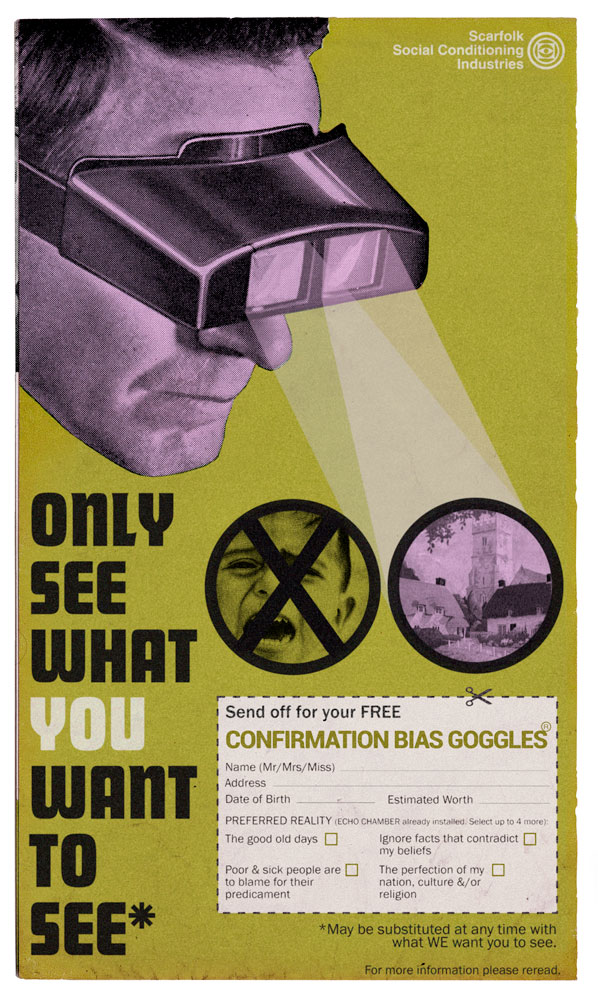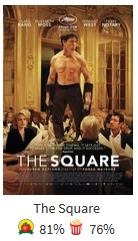A quote by Peter Marin in his article Spiritual Obedience (Harpers Magazine Feb 1979) from Sam Harris’ book Waking Up A Guide to Spirituality Without Religion, does a great job of articulating a particular vulnerability we all have as humans:
“I remember going a few years ago to a lecture in which the speaker, in the name of enlightenment, had advocated total submission to a religious master. The audience, like most
contemporary audiences, had been receptive to the idea, or more receptive, rather, than they
would have been a while back. Half of them were intrigued by the idea. Drawn to it. Total submission. Obedience to a “perfect master.” One could hear, inwardly in them, the gathering of
breath for a collective sigh of relief. At last, to be set free, to lay down one’s burden, to be a child again-not in renewed innocence, but in restored dependence, in admitted, undisguised dependence. To be told, again, what to do, and how to do it. … The yearning in the audience was so palpable, their need so thick and obvious, that it was impossible not to feel it, impossible not to empathize with it in some way. Why not, after all? Clearly there are truths and kinds of wisdom to which most persons will not come alone; clearly there are in the world authorities in matters of the spirit, seasoned travelers, guides. Somewhere there must be truths other than the
disappointing ones we have; somewhere there must be access to a world larger than this one. And if; to get there, we must put aside all arrogance of will and the stubborn ego, why not? Why not admit what we do not know and cannot do and submit to someone who both knows and does, who will teach us if we merely put aside all judgment for the moment and obey with trust and goodwill?”
That vulnerability? We want to believe. In what? In anything that can make sense of our feelings. Life is hard. It’s easier when there is an explanation. Looking for reasons isn’t something that our brains can turn off. And for that reason we are easily manipulated. The manipulator needs only two things, a story and the means to tell it.
For most of human history a story could only be told orally. (From an evolutionary perspective, one reason it makes sense that we would believe stories is because for most of our species’ history one could only hear a story from a person they knew and trusted.) Oral stories gave way to written ones, which gave way to stories on the radio. A great Radiolab episode called War of the Worlds tells the story of how Orson Welles in 1938 was able to captivate audiences with his radio drama about martians invading earth. The show was made in a way that was incredibly believable, to the point that people turned off their radios and readied themselves to fight the invaders. In the show they demonstrate that others have taken the War of the Worlds script and seen similar results in places like Quito, Ecuador and Buffalo, New York — each with their own version of inciting mass hysteria. As they go on to explain, with War of the Worlds Orson Welles created the initial playbook with radio that all modern newscasters have since mastered with TV. Not a day goes by without “breaking news” that some threat may or may not affect you — but you’ll have to wait until after the commercials to find out what.
So after oral, written, radio and tv stories came the stories we now consume via the internet. At first humans could only manipulate those within the sound of their voice. Then it was just the select few humans who were the gatekeepers to mass media. Now with the internet, the tools for manipulation are in each of our hands. Each of us has a story and the ability to share it far and wide. This unprecedented ability is causing some serious negative externalities. As Frank Bruni explains in his New York Times article, The Internet Will Be the Death of Us:
“Before he allegedly began mailing pipe bombs to Barack Obama, Hillary Clinton and others, Cesar Sayoc found encouragement online — maybe not in the form of explosives instructions, but in the sense that he could scream his resentments in a theater that did the opposite of repudiating them. It echoed them back. It validated and cultivated them. It took something dark and colored it darker still…The internet is the technology paradox writ more monstrous than ever. It’s a nonpareil tool for learning, roving and constructive community-building. But it’s unrivaled, too, in the spread of lies, narrowing of interests and erosion of common cause. It’s a glorious buffet, but it pushes individual users toward only the red meat or just the kale. We’re ridiculously overfed and ruinously undernourished.”
He goes on to quote Tim Cook, the chief executive of Apple,
“Rogue actors and even governments have taken advantage of user trust to deepen divisions, incite violence and even undermine our shared sense of what is true and what is false.”
“Rogue actors” are taking advantage of this new-found ability, but so are the rest of us too. To tell a story is to be a manipulator. Your manipulation may not to be a conscious effort to incite others to violence but it’s still a manipulation that we’re all affected by. And your ability to distribute your manipulations has never been easier.
Tim Urban in his article 7 Ways to Be Insufferable on Facebook, exposes beautifully how manipulative we all are when given the chance. We can’t help but use the same time-tested tactics of Orson Welles and your local TV broadcaster to craft images of ourselves while reinforcing and defining the groups we belong to.
We need to acknowledge the stories that we indulge in, recognize the complexities of reality and practice self-introspection. Jonathan Haidt, author of The Righteous Mind, explains,
“[People] are encouraged to follow their feelings. If they feel offended by something then they have been attacked. They’re supposed to not question those feelings. But part of wisdom is the ability to say, “now wait a second, are there other ways to look at this?” These are crucial skills for critical thinking. These are crucial skills for mental health and we need to be teaching young people at all stages to question their first interpretations, look for evidence and improve the way they interpret the world.”
This is the only chance we have at escaping the weaponized story telling that bombards us.











